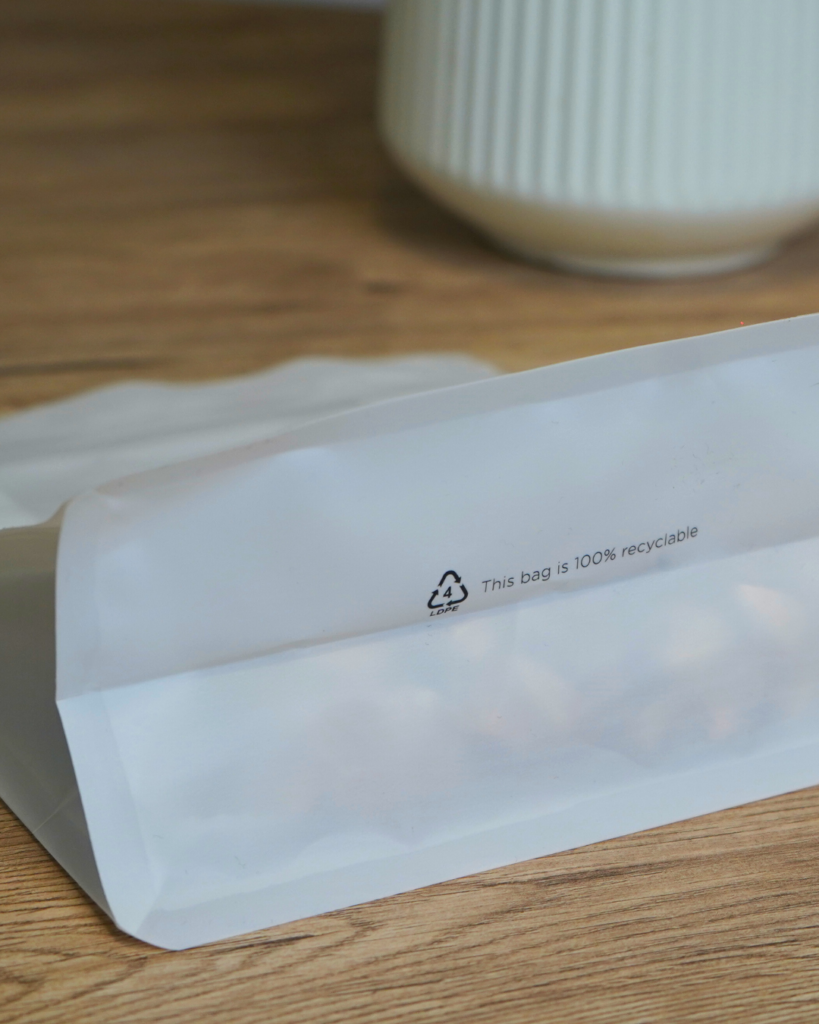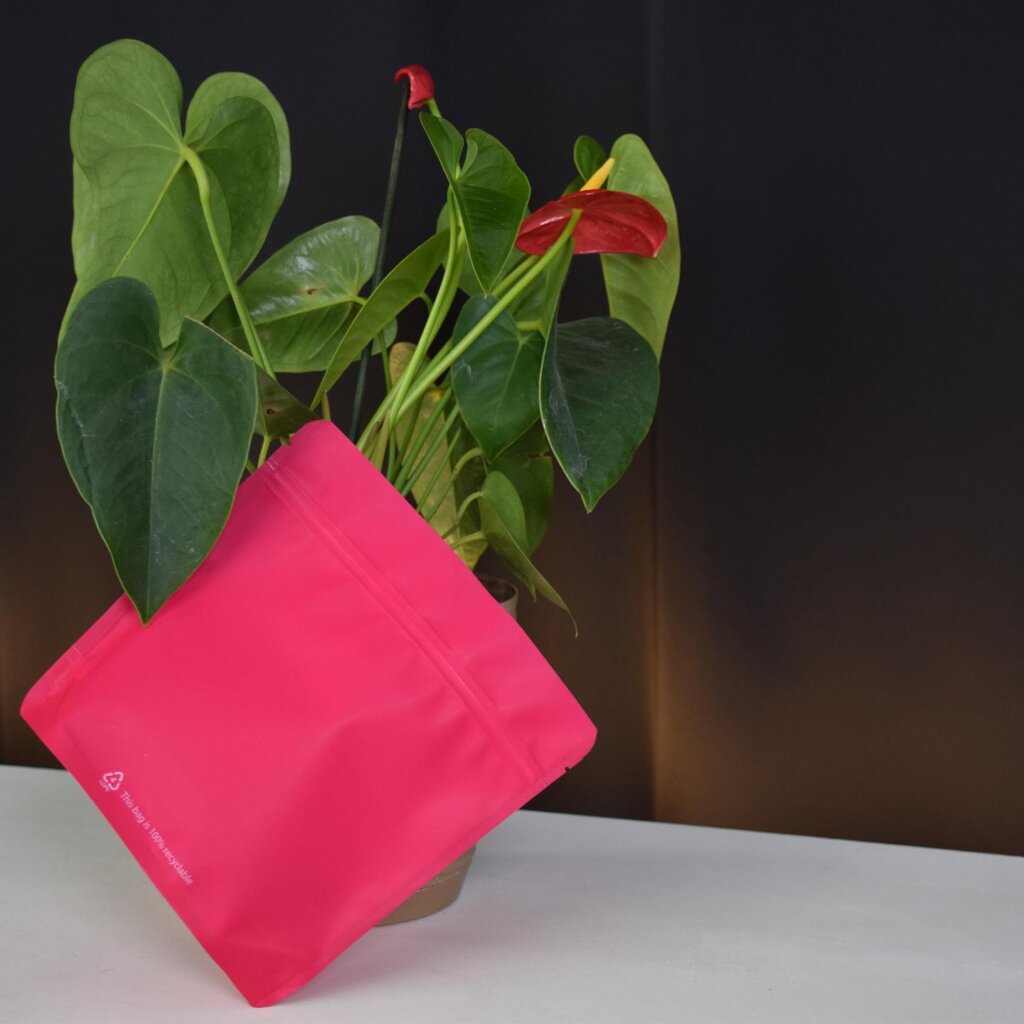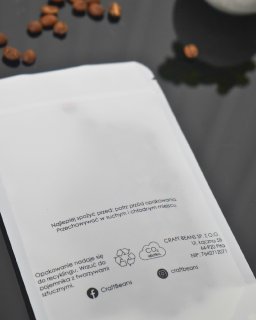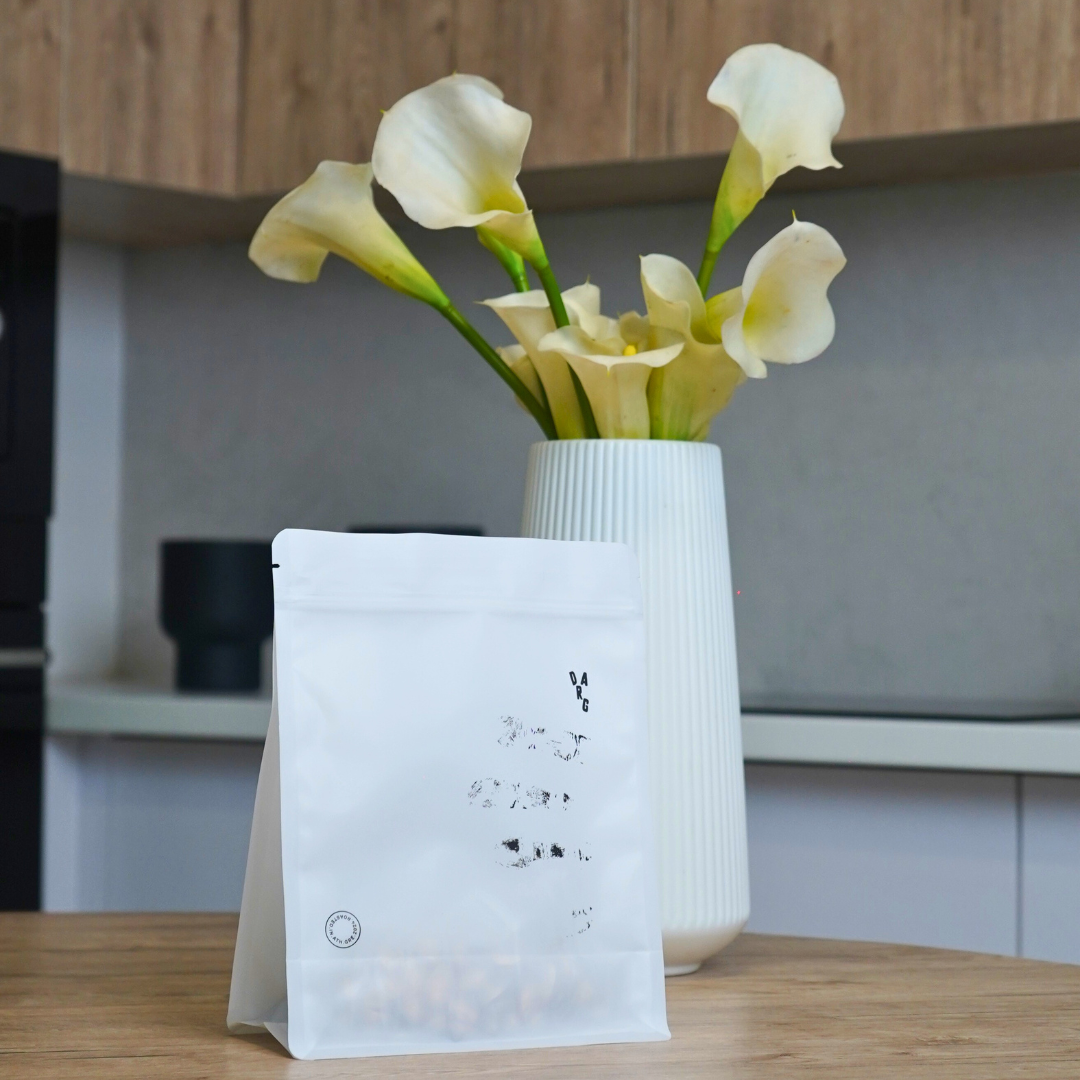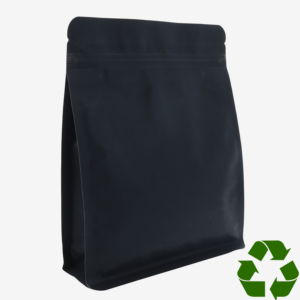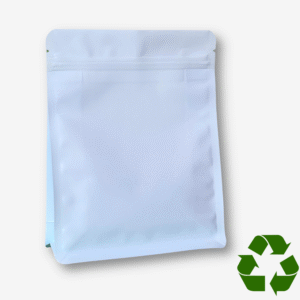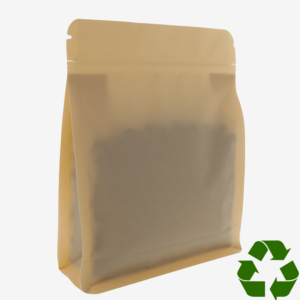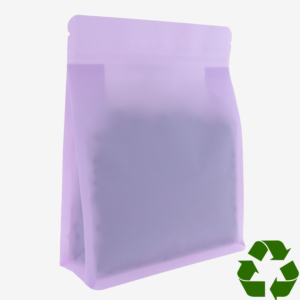Recyclable Packaging: Closed-Loop Economics in Manufacturing
Content:
- Key Principles of Circular Economy in the Packaging Industry
- Economic Benefits
- Technology and Innovation in the Creation of Recyclable Bags for Packaging
- Aris’ Experience in the Development of Recyclable Plastic Packaging
- The Future of the Packaging Industry
- Conclusion
Modern packaging is decisively moving toward environmentally friendly and sustainable solutions. Closed-loop economics is an integrated approach to producing, using, and recycling packaging materials.
The key idea behind this approach is to create systems where materials are repeatedly used, recycled and returned to the production cycle. This method differs significantly from the traditional linear production-use-dispose model.
The packaging industry is currently undergoing a transformational phase. Manufacturers are increasingly considering creating packaging that can be recycled and reused after its initial use. This requires rethinking existing technological processes, material selection, and approaches to packaging design.
Key Principles of Circular Economy in the Packaging Industry
The concept of circular economy in the packaging industry is based on several fundamental principles that fundamentally change the approach to producing and using recyclable packaging material.
№1. Maximizing waste reduction at all stages of the production cycle
This means designing packaging to be fully recyclable and reusable. Manufacturers strive to create packaging that can be integrated into the production process once its primary purpose is completed.
№2. Choosing materials that are easily recyclable
These are mono-materials that maximize the efficiency of sorting and recycling processes. This approach dramatically simplifies the recycling process and reduces the environmental burden.
№3. Creating a closed cycle of consumption
Packaging is viewed not as a disposable product but as a resource that can be used repeatedly. This requires developing new technological solutions that transform used materials into new products.
Unifying recycling approaches is also an important aspect. Manufacturers strive to create standardized solutions that are understandable and easily implemented in different production ecosystems.
Implementing these principles requires an integrated approach that includes technological innovation, changing production processes, and rethinking packaging material strategies.
Economic Benefits
Switching to sustainable packaging represents a strategic decision for modern businesses. The economic benefits of recyclable packaging bags go far beyond simply reducing environmental impact and encompass various aspects of corporate efficiency.
Financial benefits for business
The adoption of recyclable packaging technology offers a range of economic benefits for manufacturers. Key areas of financial optimization include:
- Reduced material costs through the use of recycled resources.
- Reduced waste disposal costs.
- Optimization of logistics processes.
- Lowering the cost of packaging production.
Companies that actively integrate the principles of circular economy can create more efficient production models. Material reuse can significantly reduce dependence on virgin raw materials and lower production costs.
Environmental and reputational benefits
Recyclable food packaging is a fundamentally new approach to corporate social responsibility. By using it, companies demonstrate their readiness to take responsibility for their activities’ environmental consequences.
Key aspects of the reputational effect include:
- Strengthening the image of a socially responsible organization.
- Attracting customers who share environmental values.
- Formation of a positive corporate culture.
- Compliance with international standards of sustainable development.
Environmentalism is becoming an important competitive advantage that allows companies to differentiate themselves in the market and create long-term strategic perspectives.
Thus, recyclable packaging is a promising business strategy that opens up new opportunities for the development of companies.
Technology and Innovation in the Creation of Recyclable Bags for Packaging
The development of the packaging industry is characterized by a constant search for innovative solutions that enable the creation of environmentally friendly, functional, and efficient recyclable packaging materials. Technological progress opens up new opportunities for transforming traditional approaches to packaging production.
Modern materials
Modern materials are a key element in the development of recyclable food packaging. The main trend is creating mono-material packaging, which significantly simplifies recycling processes.
Mono-material solutions use homogeneous polymers that are easily recyclable. These materials are highly compatible with recycling and reduce contamination risks.
Special attention is paid to developing polymer structures that retain their characteristics after repeated recycling. This requires in-depth research in materials science and chemical technology.
Manufacturing process
The development of recyclable food packaging is a complex technological approach that involves several key steps:
- The packaging is designed to be reusable in the future. Specialists analyze materials’ characteristics, predict their behavior in the production cycle, and assess their potential for reuse.
- Selection of production technologies that minimize waste and ensure high product quality. Modern equipment makes it possible to control every micro-parameter of the production process.
Multi-level quality control is a critical component. Each packaging batch undergoes strict testing to ensure compliance with the specified parameters and environmental standards.
Certification and standardization
The process of creating sustainable packaging necessarily includes certification. Manufacturers must confirm that materials and technologies comply with established environmental and technical standards.
Certification ensures the packaging is recyclable, safe to use, and complies with international sustainability standards.
Key requirements are that materials are chemically inert, recyclable, and minimize their ecological footprint.
Aris’ Experience in the Development of Recyclable Plastic Packaging
Aris has consistently implemented sustainable solutions in packaging production. The launch of fully recyclable packaging in 2023 was a significant milestone in transforming the production strategy.
Key features of Aris’ approach:
- Use of mono-material technologies.
- Application of LDPE recycling code 4.
- Development of flat-bottom pouches.
- Creation of packaging for ready meals and animal feed.
The company is purposefully developing the direction of sustainable packaging and constantly researching new materials and forms. This approach allows us to find optimal solutions that meet modern market requirements.
Our company, Aris Pack, specializes in developing modern eco-friendly solutions in recyclable packaging. We offer products that meet contemporary eco-standards and help reduce environmental impact.
Our key solutions include:
- Flat Bottom (Recyclable Flat Based Pouch): versatile flat packaging with a durable base that ensures convenient storage, excellent product presentation, and environmental preservation.
- Recyclable Doypack: stylish and functional doypack packaging that is easy to recycle and ideal for food products, cosmetics, and other goods.
By choosing packaging from Aris Pack, you support environmental responsibility and modern sustainability trends. Take a step toward the future with us!
The Future of the Packaging Industry
The development of the packaging industry is associated with a constant search for innovative solutions. Key areas of transformation include the development of technologies that maximize resource efficiency.
The main development trends are:
- Transition to fully recyclable materials.
- Development of biodegradable packaging solutions.
- Creation of intelligent packaging systems.
- Minimizing the use of primary resources.
Technological progress opens up opportunities to create packaging that fulfills a protective function and becomes part of a closed economic cycle.
Businesses that quickly adapt to new technological challenges will gain a significant competitive advantage in the packaging solutions market.
-
Doy Pack Recyclable Emerald€0.319 This product has multiple variants. The options may be chosen on the product page
-
Doy Pack Recyclable Very Peri€0.319 This product has multiple variants. The options may be chosen on the product page
-
Doy Pack Recyclable Viva Magenta€0.319 This product has multiple variants. The options may be chosen on the product page
-
Doy Pack Recyclable White€0.319 This product has multiple variants. The options may be chosen on the product page
-
Flat Bottom Recyclable Black€0.275 – €0.443 This product has multiple variants. The options may be chosen on the product page
-
Flat Bottom Recyclable Blue€0.275 This product has multiple variants. The options may be chosen on the product page
-
Flat Bottom Recyclable Latte€0.275 – €0.443 This product has multiple variants. The options may be chosen on the product page
-
Flat Bottom Recyclable Lavender€0.275 – €0.443 This product has multiple variants. The options may be chosen on the product page
Conclusion
The development of recyclable plastic packaging represents a comprehensive approach to transforming the packaging industry. Transitioning to a circular economy requires a fundamentally new approach to production, technologies, and strategies.
The key challenge is to create innovative materials, efficient recycling technologies, and a new economic model of consumption with minimal negative environmental impact. Companies need to actively invest in research, rethink packaging design, and continuously adapt to changing market conditions.
